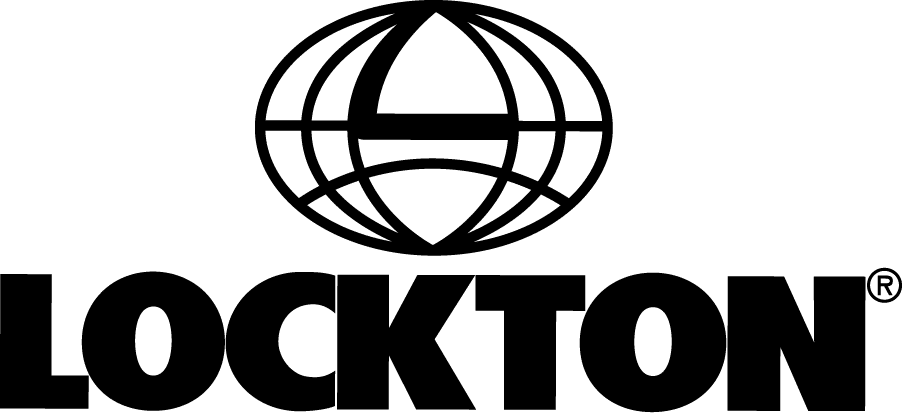
How can law firms capitalise on the improving PII marketplace?
As the PII marketplace improves, law firms must focus on putting together a high-quality presentation to capitalise on opportunities, says Lockton partner, global and professional financial risks Brian Boehmer
Law firms are now in a position to benefit from a positive shift in the professional indemnity insurance (PII) landscape. The market conditions are improving, and competition is on the rise. Established insurers are expanding their portfolios, and two new players have entered the primary marketplace. Moreover, more insurers are offering additional layer capacity, breaking the dominance of a single insurer in this segment. This is a promising development that law firms can leverage to their advantage.
Despite their big targets, however, underwriters are alive to, and concerned with, current economic realities, including the UK’s current recession, and evidence of rising claim values. With government support diminishing, concerns arise about businesses failing, property developments stalling, and homes being repossessed, leading to a surge in professional negligence claims. Insurers are adjusting their conveyance thresholds and the percentage of property work quoted accordingly, reflecting diverse reactions within the active marketplace.
To seize opportunities in this evolving PII marketplace, practices are advised to focus on two key aspects outlined in the Solicitors Guide to PII. First, practices must put together a quality presentation. This is designed to educate underwriters about your work, differentiate yourself from peers, and provide essential evidence.
Secondly, firms need to select the right representative. Ideally, they should have direct access to insurers aligned with your business profile, and they should be equipped with the necessary details regarding insurers’ appetite for business. Contrary to what you may have been told previously, for practices of between one to ten partners (members/directors), no single broker can access the entire solicitors’ PII market on your behalf. The reason for this is that many leading insurers adopt a limited or exclusive distribution panel. As a result, if you do not select the right representative(s), you could unintentionally miss out on showing your presentation to a significant number of the active insurers. You may also miss out on the most favourable terms available.
As highlighted above, every insurer has a different appetite for business, determined by partner numbers, fee size, and/or your activity profile. While some insurers are tightening their exposures to certain areas of practices, others are relaxing them. You should be asking your representative who they can approach directly on your behalf, and what their appetite is for a practice of your profile. While no representative can guarantee a quote, they can at least advise if you fit the initial barrier to entry. Other factors also play a part in the underwriting risk assessment, such as claims and regulatory involvement or activity, supervision and governance, financial stability, reputation, and general risk management.
For more information, check out Lockton’s Solicitors’ Guide to PII or contact any member of the Lockton team for a second opinion.
Get in touch by emailing brian.boehmer@lockton.com, or visit our Solicitors page.




